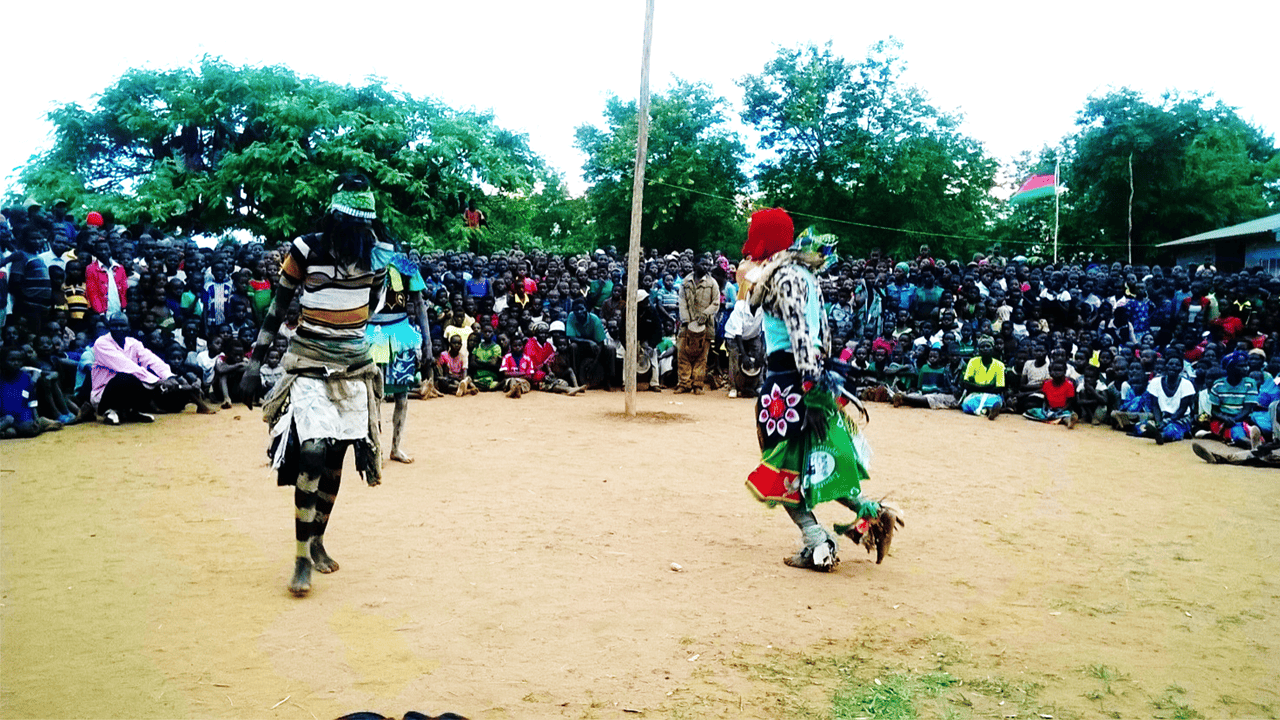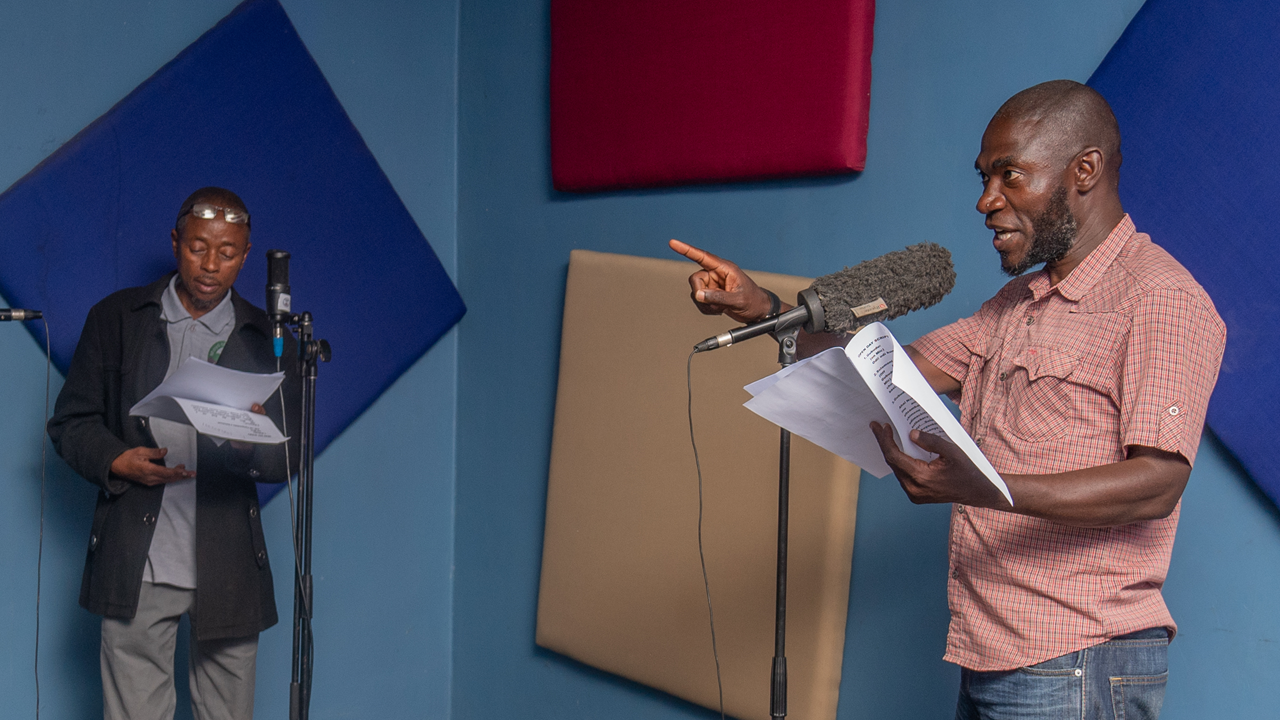
Background
Malawi faces a range of challenges that threaten the well-being of its children, including poverty, hunger, HIV/AIDS, and limited social services. These challenges create an environment where child abuse, exploitation, and violence are pervasive, particularly for orphaned and vulnerable children. Harmful traditional practices and patriarchal cultural norms further exacerbate the violation of children's rights, leaving them vulnerable to emotional, physical, and sexual abuse, child labor, and other forms of exploitation.
While strides have been made towards achieving the Millennium Development Goals, deeply rooted cultural practices still obstruct progress, particularly concerning children's rights. Most Malawian children are unaware of their rights, and those who are aware often have nowhere to turn, as traditional authorities may fail to offer protection or prioritize customary laws over human rights. To address these issues, a grassroots campaign was essential, and Story Workshop Educational Trust (SWET) took the lead.
SWET’s Approach
In line with the government’s and NGOs’ agenda to protect children's rights, SWET implemented a project focused on ending violence against children (VAC) through community mobilization. SWET worked to influence attitudes, increase knowledge, and promote practices that protect children. By engaging traditional and religious leaders, who are highly respected within their communities, SWET was able to create a strong, community-driven response to VAC. The campaign targeted three districts: Dedza, Mangochi, and Salima, from December 2016 to January 2017.
Community Dialogue Results
Community dialogues provided an opportunity for members of the public to discuss VAC openly, and as a result, leaders in Traditional Authority (T/A) Chimwala created by-laws to address violence against children. Through these discussions, parents expressed concerns about issues affecting children in their homes, and children were able to interact with local authorities about the abuses they face. These dialogues empowered communities to create local solutions to the challenges they faced, leading to a stronger commitment to protecting children.
Cultural Festival Engagement
SWET also mentored drama groups to use theatre-for-development (TfD) to challenge harmful cultural practices and promote positive behaviors. Cultural festivals became platforms for discussing VAC while appreciating Malawi’s cultural heritage. For example, during one performance in Dedza, traditional songs that perpetuated VAC, like "Mwamuna ndi mkabudula" (A man is defined by his undergarments), were identified. The community agreed to use these songs in a way that reduces VAC, rather than promotes harmful practices. Another song commonly sung during marriage initiation, "Kapilire unka iweko" (Persevere in marriage), was also discussed. It became clear that such songs were encouraging young girls to stay in abusive marriages, highlighting the need for change.
Cultural performances also revealed that children often missed school to participate in cultural events like drumming for the gule wamkulu (masked dancers). The festival discussions prompted community members to rethink these practices, recognizing that they hindered children’s right to education.
Child Rights Debates
SWET organized live child rights debates in Dedza, Salima, and Mangochi. These debates, aired on Zodiak Broadcasting Station, provided a platform for children to speak about VAC. Participants, including religious leaders, parents, and duty bearers, engaged in discussions about the legal framework protecting children and the effects of practices like early marriage and school dropout.
The debates helped raise national awareness about VAC and highlighted the importance of children’s voices in these conversations. Religious leaders and traditional authorities were briefed on the consequences of child abuse, and many committed to ensuring that VAC cases are reported to relevant authorities.
Forums with Religious and Traditional Leaders
SWET facilitated intra-district forums that brought together religious and traditional leaders to discuss VAC and create action plans. Leaders received training on Malawi's legal framework regarding child protection and the long-term impacts of violence on children. These forums encouraged leaders to take action within their communities, including creating by-laws to address VAC cases.
Key Achievements
The campaign’s success is evident in the wide-reaching impact it had within the targeted districts. Community Mobilization: Over 371,891 community members were mobilized through SWET's interventions, including 199,832 parents and 95,980 children. Salima registered the highest participation levels at 56.1%, followed by Dedza at 35%, and Mangochi at 9.3%. Leadership Engagement: SWET successfully engaged 1,502 traditional and religious leaders in the fight against VAC. In Salima, traditional leaders played a crucial role in mobilizing their communities, leading to the highest levels of community participation. Action Plans and By-Laws: All 15 T/As developed comprehensive action plans to address VAC in their zones. Additionally, communities began formulating by-laws to manage VAC cases effectively. These by-laws are expected to be fully adopted after SWET's final monitoring phase. Child Rights Awareness: The child rights debates raised national awareness about VAC, and communities became more conscious of the harmful effects of practices like early marriage. Through these debates, 131 sermons were delivered on VAC, and 10 cases were referred to social welfare officers for further action. Cultural Festivals and Drama: Cultural festivals highlighted the role of cultural norms in perpetuating VAC. Communities pledged to modify harmful practices and use traditional songs and dances to promote positive behaviors.
Conclusion
SWET’s campaign has made significant strides in addressing violence against children in Malawi. Through a combination of community dialogues, cultural festivals, and religious and traditional leadership engagement, SWET has empowered communities to take action and create sustainable solutions to protect their children. While challenges remain, the progress made in Dedza, Salima, and Mangochi provides a hopeful outlook for future efforts to combat VAC across Malawi.
Chair of Pastors fraternal in Salima, speaking on VAC
Ngoma dance in Dedza, TA Kachere
Religious Leaders make joint action plan to end VAC in Salima
Recent Articles

23 October 2024
Maria Mose's Journey: Hope, Heartbreak, and Redemption

05 September 2024
Dancing Towards a Brighter Future: How Gule Wamkulu is Reviving Education and Empowering Communities

23 October 2024
Integrated Homestead Farming: A Beacon of Hope Against Malnutrition in GVH Taulo

22 October 2024
Zimachitika: A Transformative Force for Social Change in Malawi
